From Farm to Food Bank
When asked what her favorite thing is about RVFB, Lai Sze answers,
“The fresh vegetables. I like broccoli cabbage, corn, cauliflower, green onions, and jalapeno. And getting these at the food bank every week helps me a lot…they are expensive in the store, and I go to cheap stores in Chinatown. It helps to know I can get my vegetables and meat from here and not worry about trying to find them for cheap somewhere else.”
When most people envision food bank food, canned goods nearing their expiration date generally come to mind. Step foot into Rainier Valley Food Bank on any given day and that image evaporates. Hunger goes beyond people starving with not enough calories to consume. While there may be numerous corner stores offering canned soups for $0.60 a can, affordable options for local, chemical – free romaine, are harder to find. This gap, that allows natural foods stores to fill affluent neighborhoods with pricey produce while other neighborhoods are left with drive through windows and convenience stores, is an issue of food access. At RVFB we strive everyday to close this gap by making fresh foods available for our guests to nurture their families. Our guests will tell you, one of the top reasons they come to RVFB is for the fresh fruits and vegetables.
For years we have been closing this food access gap with weekly produce purchases to distribute. In 2015, we began purchasing from locally grown sources to directly support a sustainable food system, buying from Roots of All Roads, a nonprofit inspired by the principle that a healthy and sustainable lifestyle is a basic human right. This summer we went one step further, thanks to a grant from Rotary First Harvest, purchasing produce from Oxbow Farm and Education Center in Carnation, and Chubby Bunny Farm in Whatcom County. Both farms exemplify how food can be sustainably grown: with no chemicals, just lots of love.
Studies show that poor nutrition is a leading cause of many health issues, and for families in poverty this hits the hardest. High rates of chronic, diet-related diseases have been found in households relying on food assistance, forcing many to choose between paying for medicine or food. Foods that the government subsidizes for low income families are oftentimes highly processed, cheap, and low in nutritional value. These foods deteriorate the health of vulnerable communities, increasing healthcare costs and furthering the cycle of poverty. Creating access to nutrient-rich foods is imperative to improving the health and well-being of Seattle’s most vulnerable residents, and we couldn’t be more excited to see how these Farm to Food Bank partnerships continue to grow.
You have an impact on your food system!
When you donate to RVFB your donation helps us support small local farms.





